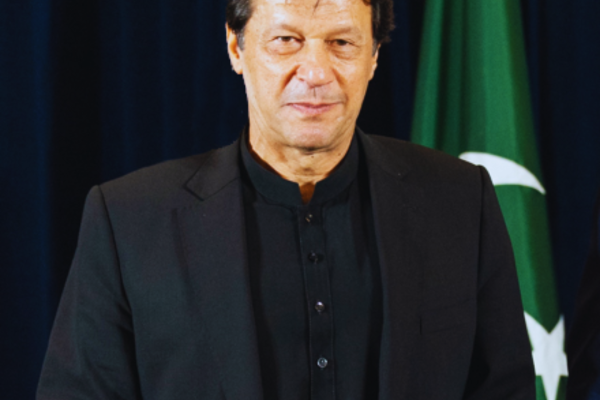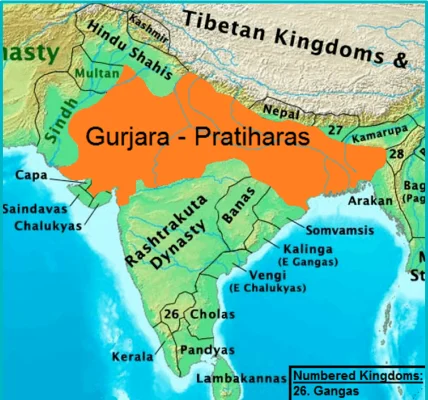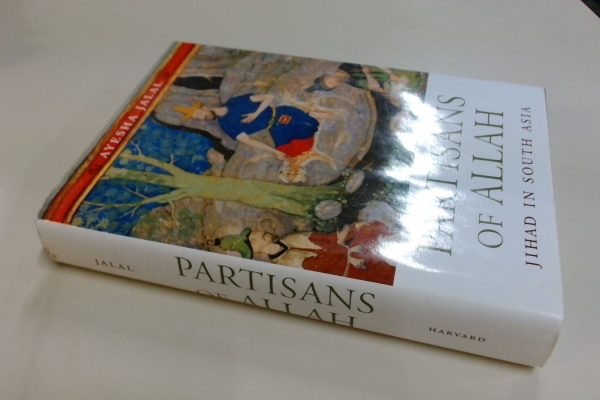
The Eternal Struggle: A Comprehensive Analysis of “The Book of Adam and Eve” and Its Impact
The Book of Adam and Eve,” also known as “The Conflict of Adam and Eve with Satan,” is a captivating text from the early Eastern Church, translated from the Ethiopic by Solomon Caesar Malan. This work, enriched with notes from various ancient sources such as the Kufale, Talmud, Midrashim, and other Eastern works, provides a unique and profound perspective on the narrative of humanity’s progenitors. Through its detailed exploration of Adam and Eve’s struggles, penitence, and divine interactions, the text delves into themes of sin, redemption, and the eternal battle between good and evil. This comprehensive analysis examines the historical context, structure, themes, and comparative aspects of the text, revealing its enduring significance and impact on religious thought and literature.
















